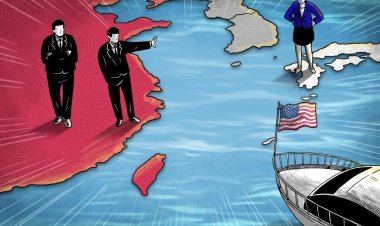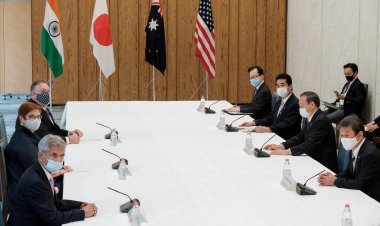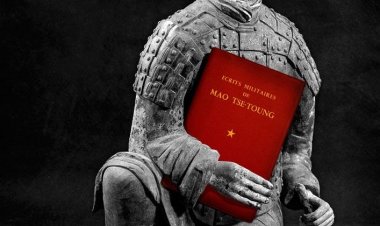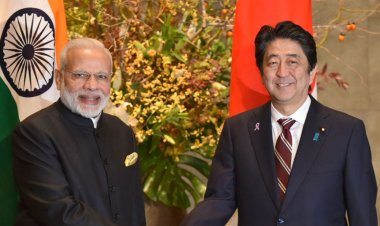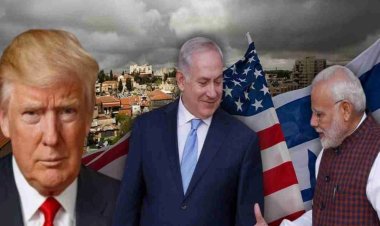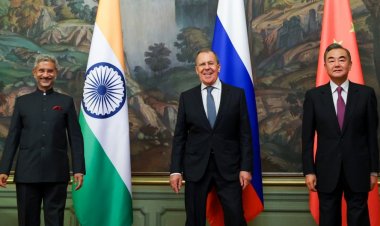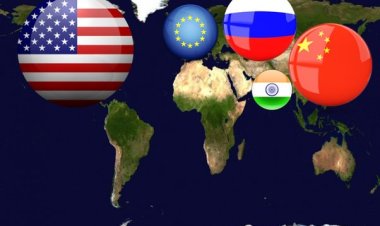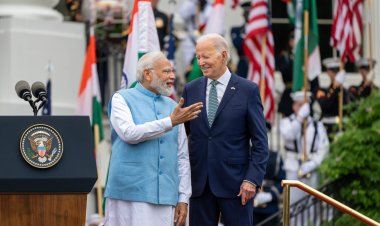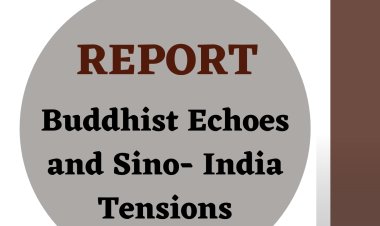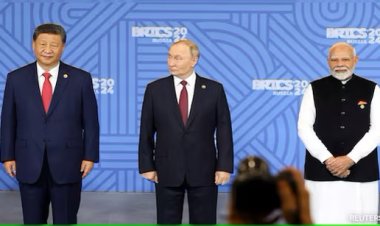The Relevance of the Indo-Pacific Economic Framework (IPEF) to Japan and India
Recently, the US announced an ambitious Indo-Pacific Economic Framework. The USA hopes to boost its trade in the Indo-Pacific region after having ceded the space to the Chinese. The article analyses how the IPEF, is a new approach to connect transpacific economies, that goes beyond traditional free trade agreements and how it is relevant to both Japan and India.
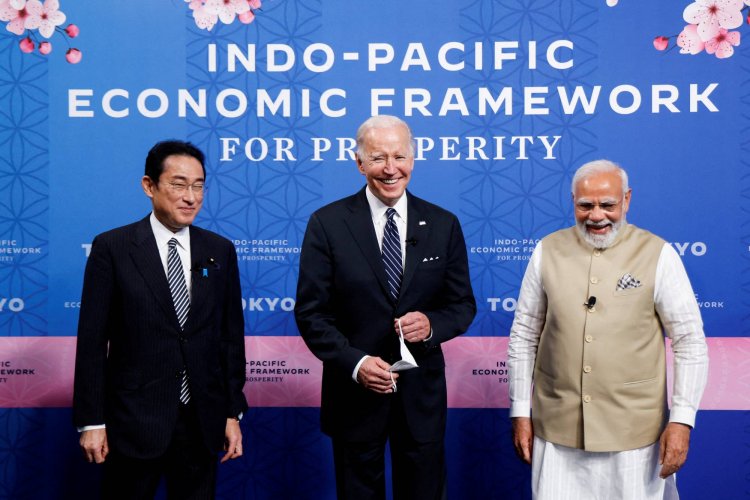
Analysis
By Jay Maniyar
In July, the United States of America (US, USA) announced an ambitious Indo-Pacific Economic Framework (IPEF) to compete with China’s almost-decade-old Belt and Road Initiative (BRI). The USA hopes to boost its trade in the Indo-Pacific region after having ceded the space to the Chinese. In contrast to the pitiful number of nations that are discovered to hold the top rank in dealing with the United States, the Chinese are the principal trading partners of an almost absolute majority of the countries in the globe. Because China has overtaken the United States as the majority of the world's top trading partners today, the USA has found itself on the losing end of trade negotiations everywhere. To its great disadvantage, the US is no longer the world's trading leader. Japan, an East Asian economic powerhouse and a committed US treaty and defence ally, finds itself at the centre of the IPEF due to the primacy of its location in Indo-Pacific affairs. Japan has laid out its own broad Free and Open Indo-Pacific (FOIP) framework which certainly accounts for its trading interests. The FOIP intends to primarily secure the region from burgeoning Chinese interests which have proven to not be conducive to the peace-abiding interests of democratic states in the region and beyond. The Quadrilateral Security Group (QUAD) is the conceptual framework that has led to the announcement of the IPEF. The IPEF expects a country to assume the mantle of one of its four pillars.
India may not have been a party to the Regional Comprehensive Economic Partnership (RCEP) but has taken to the IPEF like fish to water. India will have to keep in mind that the IPEF is not exactly a free trade agreement (FTA) and does not commit to offering opportunities in vast markets. India claims to have a sizable trade surplus with the US, however there is no free trade agreement between the two nations. The IPEF seems to be focused on trade-related factors such as fair trade and supply chain resilience in a way that is similar to India’s own Indo-Pacific Oceans’ Initiative (which focuses on the blue economy in summary).
Dr. Yoichiro Sato of the Ritsumeikan Asia-Pacific University says that Japan is sceptical about the initiative because of the ambiguity of the IPEF. The IPEF, he says, compels Japan to think differently about its relationship with the United States, the security element of which reeks of a forever dependency. The IPEF particularly looks at four areas (pillars): fair and resilient trade; supply chain resilience; infrastructure, clean energy, and decarbonization; and tax and anti-corruption. All of these facets matter crucially to India and it is fair to credit those in power in New Delhi to have implemented measures on the above subject areas some time ago. India is already partnering with Australia and Japan to ensure supply chain resilience across the entirety of the Indo-Pacific.
As two strategic partners, Japan and India tend to become wary of regional developments wherever their respective or combined interests are concerned. The IPEF will hope to help both countries trade better and gain access to what appears to be a lucrative scheme put forth by the US. The Indo-Pacific is expected to witness trade worth up to $ billion in the immediate few years. In this regard, the IPEF builds upon prior initiations such as the Indo-Japanese-Australian Supply Chain Resilience Initiative (SCRI) which seeks to secure supply chains from failing, across the entirety of the western Indo-Pacific region. The IPEF is not unique nor novel because free and fair trade is at the core of everything related to the development of the majority of the Indo-Pacific region's nations.
The IPEF presents India with a chance to realise the export-led growth regime intended to realise its ascension to major power status and eventually superpower status. India signed up to the IPEF but remains a major non-US ally in the Indo-Pacific region. India continues to embark upon a foreign policy wherein it remains tight-lipped on major security issues such as Russia-Ukraine and China-Taiwan but is more than open to considering opportunities for its geo-economic advancement. This being said, India’s independent foreign policy also nurtures its interests well and this has been witnessed in the case of the Regional Comprehensive Economic Partnership (RCEP). India’s independent, free, and autonomous foreign policy must take into account its many interests in bilateral and multilateral trade and de-link regime-oriented trade scenarios from its national interest. Further, India should be encouraged to trade with Russia, a time-tested partner with whom India has witnessed an exponential rise after the onset of the Russia-Ukraine war.
Disclaimer: This paper is the author's individual scholastic contribution and does not necessarily reflect the organization's viewpoint.

